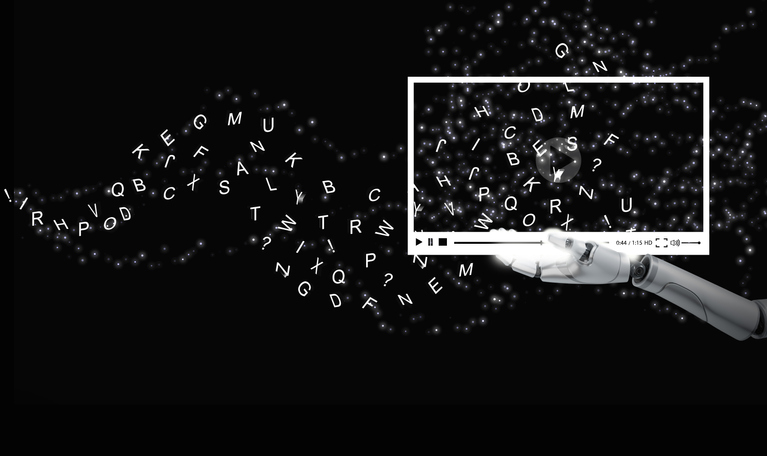This week, Prenosis gained FDA clearance for its sepsis detection technology — marking the first time the agency has cleared an AI diagnostic tool for sepsis.
Chicago-based Prenosis was founded in 2014 with “a mission to bring precision medicine to acute care,” said CEO and Co-founder Bobby Reddy in an interview.
“We want each patient in the hospital to be treated based on their biology,” he explained. “We realized that, unfortunately, a lot of the technology in hospitals is focused around protocols — meaning that you would treat a patient that is 25 years old and relatively healthy the same as you would treat a 75 year old with cancer. We really just wanted to change that.”
In order to create that change, Reddy and the rest of the founding team knew that they would have to map out the biology of hospital patients — which is a unique challenge, given these patients’ biologies often change rapidly.
But Prenosis was willing to conquer that challenge. The company has collected over 100,000 blood samples from patients in hospital environments over the last 10 years, Reddy noted. At its wet lab in Chicago, Prenosis measured dozens of biological parameters in these blood samples to better understand how to detect sepsis in hospital patients.
Historically, sepsis has been difficult for clinicians to diagnose. The early symptoms of the disease — including fever, confusion and increased heart rate — often mimic those of other conditions. This makes it challenging for clinicians to recognize sepsis, especially in patients with multiple underlying health issues.
The need for better diagnostic tools for sepsis is urgent — the disease kills millions of people every year, taking more lives than all forms of cancer combined. Sepsis is also a leading cause of death in U.S. hospitals, and a septic patient’s risk of death increases by 8% each hour they go undiagnosed and untreated.
Prenosis’ ImmunoScore tool uses 22 different parameters — including temperature, respiratory rate and heart rate — to help determine a hospital patient’s risk of sepsis within 24 hours of patient assessment in the emergency department or hospital.
The tool is ordered like a diagnostic. If a clinician were ordering a blood test or chemistry panel on a patient, they would then also order an ImmunoScore tool, explained Robin Carver, Prenosis’ vice president of health system engagement.
Even though other companies, such as Epic, have developed AI-based tools for sepsis detection, ImmunoScore was the first to be cleared by the FDA. It was cleared using the FDA’s De Novo pathway, which means the tool is the first of its kind and did not have a substantially equivalent predicate.
The De Novo process takes years to complete, but Reddy argued that the FDA clearance route was the right one for Prenosis to take because it supports the responsible deployment of AI and helps to build trust in new technologies.
“Prenosis has always been more of a medical device company that does AI rather than an AI tech company that does medical devices,” he declared. “We’re seeing in the field that it’s very important to do AI responsibly — and that taking shortcuts, as some companies have done in the sepsis space, only hurts the field in the long run.”



